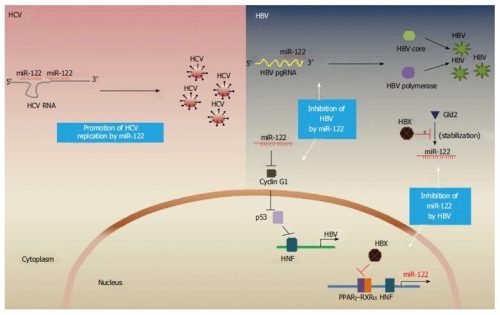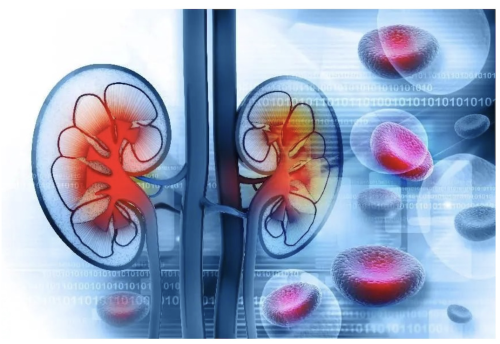Register Link:
https://www.eventbrite.com/e/genobiotx-may-2025-webinar-tickets-1363309638829?aff=oddtdtcreator
Date:
- Wednesday, May 21st, 2025; 2:00 pm EDT or 11:00 am PDT
Meet Our Speaker:
Guoping Li, Ph.D. is an Assistant Professor at the Massachusetts General Hospital and Harvard Medical School. After graduating from Tongji University in Shanghai, China, he completed his postdoctoral fellowship in Saumya Das’s laboratory at Massachusetts General Hospital in 2021. He is the recipient of the American Heart Association Postdoctoral Fellowship Award and Career Development Award. He also won the Young Investigator Awards from multiple organizations. His current research focuses on the regulation and roles of non-coding RNAs, particularly transfer RNA-derived small RNAs (tsRNAs or tDRs), in cardiac, metabolic, and neurological diseases, which is funded by the American Heart Association and the National Institute of Health.
About GenoBioTX
GenoBioTX provides comprehensive animal modeling services, ranging from model construction to preclinical in vitro and in vivo assays, based on the combination of versatile technical platforms and experienced scientist.
Contact us
Website: www.genobiotx.com
Email: info@genobiotx.com
Address: 10410 Corporate Dr., Sugar Land, TX, 77478, USA









